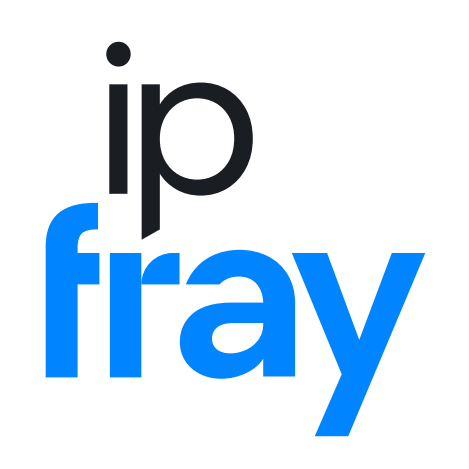Context: Hardly a month passes without a non-practicing entity (NPE) obtaining a patent damages verdict in the hundreds of millions of dollars in U.S. district court (May 11, 2024 ip fray article).
What’s new: On Friday (June 28, 2024), a jury in the Eastern District of Texas awarded NPE General Access Solutions $847 million over two wireless patents asserted against Verizon, $583 million (69%) thereof for a 4G/5G-related (not formally standard-essential) “beamforming” patent which was originally filed by Raze Technologies and with respect to which Ericsson intervened. The complaint also accused Samsung base stations were of infringement. The first 27 claims of that patent were previously invalidated by the Patent Trial & Appeal Board PTAB) of the United States Patent & Trademark Office (USPTO) further to a petition by Sprint. Ericsson, Nokia and Verizon are now fighting the claims that survived the earlier PTAB inter parties review.
Direct impact: Given that Ericsson is the only intervenor and that mobile carriers typically insist on indemnififcation or hold-harmless clauses in their agreements with suppliers, it’s theoretically possible that the $583 million part of the damages award relating to that patent will ultimately be passed on to Ericsson. But there still is the possibility of the patent being invalidated or some adjustments being made on appeal. If past verdicts of this kind (and in such circumstances) are any indication, it is unlikely that Ericsson will have to shell out half a billion dollars when all is said and done.
Wider ramifications: There is a parallel, later-filed case against T-Mobile U.S., in which both Nokia and Ericsson are intervening and where that same 4G/5G patent (as well as a couple of others) are being asserted. At a more abstract level, those lawsuits demonstrate that Ericsson and Nokia find themselves on the receiving end of patent assertions, contrary to mischaracterizations by some of their political opponents. That is relevant because it means that even if those two companies generate inbound licensing revenues that clearly exceed their outbound licensing costs, they are not (as they cannot be) interested in an unfettered overleveraging of patents in infringement litigation.
In Judge Rodney Gilstrap’s court in Marshall (Eastern District of Texas), patent trials typically go from Monday to Friday, and juries very often render a verdict so they can put this duty behind them before the weekend. Here’s the verdict form:
As the original complaint (PDF) explained back in 2022, one patent-in-suit relates to the beamforming technique used by mobile base stations to optimize performance (U.S. Patent No. 7,230,931 on a “wireless access system using selectively adaptable beam forming in TDD frames and method of operation”) while the other allegedly reads on “wireless devices […] that receive a cellular signal using 4G or 5G protocols and then route information to mobile stations using 802.11 WiFi communication protocols” (U.S. Patent No. 9,426,794 on a “wireless communication system and device for coupling a base station and mobile stations”). The latter is not of concern to the Ericssons and Nokias of the world.
Both patents share the same inventor, Mr. Paul F. Struhsacker. The ‘931 patent (over which the jury awarded almost 70% of the total damages) was filed by Raze Technologies and put on sale ten years ago (an October 28, 2014 IP Watchdog article describes the patents as “standard-essential” though at least the ‘931 patent, which is listed in the article, does not appear to meet the definition of an SEP).
Last year, Ericsson filed its answer to the complaint as an intervenor (PDF), and addressed only the ‘931 patent.
Both patents-in-suit are under PTAB pressure. Verizon is challenging the ‘794 patent alone, and a review was instituted on January 9. The ‘931 patent is being challenged by multiple parties. Petitions IPR2023-00978 (Ericsson, Nokia, Verizon), IPR2024-00392 (Ericsson) and IPR2024-00461 (Nokia) were jointly instituted on June 14: precisely two weeks prior to the verdict. But none of the PTAB institutions dissuaded Judge Gilstrap from taking the case to trial as scheduled.
Besides the IPRs, there are also other invalidity arguments at issue, particularly over an alleged lack of written description.
The case against T-Mobile was filed last year (case no. 2-23-cv-00158). In that one, both Ericsson and Nokia are intervenors.
The question is now whether the parties will decide to settle or whether they will continue with the PTAB reviews and, in parallel, appeal the district court judgment (which will come down after some post-trial motion practice) to the Federal Circuit. The plaintiff is now presumably negotiating a judgment preservation insurance (JPI) policy.
